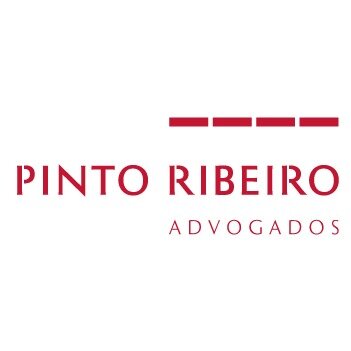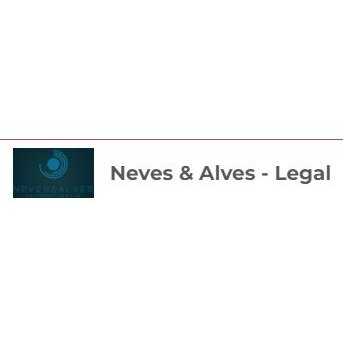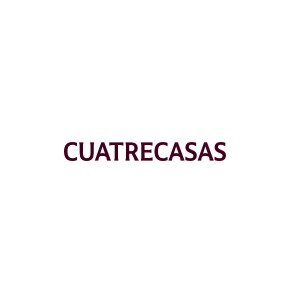Best Water Law Lawyers in Porto
Share your needs with us, get contacted by law firms.
Free. Takes 2 min.
List of the best lawyers in Porto, Portugal
About Water Law in Porto, Portugal
Water Law in Porto, Portugal, governs the rights, usage, management, and protection of water resources, including rivers, lakes, groundwater, and coastal waters. These laws aim to balance environmental protection with public and private interests in water access and usage. In Portugal, the legal framework for Water Law is shaped at both the national level and through local regulations, with a particular focus on sustainable management and compliance with European Union directives. Porto, with its proximity to the Douro River and the Atlantic Ocean, faces specific challenges and regulations concerning water usage, contamination prevention, and infrastructure maintenance, making Water Law an important area for residents and businesses alike.
Why You May Need a Lawyer
Several scenarios may lead individuals or entities in Porto to seek the assistance of a lawyer specializing in Water Law. Common situations include disputes over water usage rights, challenges concerning land development near water bodies, permit or licensing issues for businesses using significant water resources, claims of water pollution or contamination affecting property or health, and enforcement actions by governmental authorities. Legal expertise is also crucial when navigating the complex permitting process for water-related projects, resolving boundary disputes involving watercourses, or when facing regulatory compliance problems related to water quality or conservation.
Local Laws Overview
Water Law in Porto is primarily governed by national legislation, such as the "Lei da Água" (Water Law), which incorporates principles from European Union Water Framework Directives. This law sets guidelines for the sustainable management of water resources, protection against pollution, and public participation in water management issues. Local government bodies, such as the Porto City Council or regional water authorities, implement and enforce these laws. Key aspects include obtaining proper permits for drilling wells or extracting groundwater, complying with restrictions on water use during drought periods, and adhering to pollution control requirements for industries and agriculture. Property owners and businesses must also be aware of regulations related to building or operating close to rivers and other water bodies, as these often involve mandatory environmental impact assessments.
Frequently Asked Questions
What is considered a public water resource in Porto?
Public water resources include rivers, lakes, springs, and coastal waters that are regarded as public property and managed under national and local regulations.
Do I need a license to extract groundwater from a well on my property?
Yes, a permit or license is typically required to extract groundwater, regardless of whether the well is on private property. Regulations ensure sustainable use and prevent environmental harm.
Is rainwater harvesting allowed for residential use?
Rainwater harvesting is generally permitted for non-potable uses, but installations may need to comply with local health and safety regulations.
How are disputes over water usage between neighbors resolved?
Such disputes can be settled through negotiation, mediation, or legal proceedings. Legal advice can help clarify rights and obligations under relevant statutes and agreements.
What should I do if I suspect water pollution near my property?
You should report the issue to local environmental authorities and consult a lawyer to understand your rights and possible compensation if property or health is affected.
Are there restrictions on building near rivers or the coastline?
Yes, developments near water bodies are strictly regulated and often require environmental permits and adherence to setback zones established to protect water resources.
What are the penalties for illegal water use or pollution?
Penalties can include substantial fines, mandatory remediation, suspension of operating licenses, or, in severe cases, criminal charges.
Who is responsible for maintaining water infrastructure on private property?
Property owners are usually responsible for the maintenance of private water infrastructure, while public networks are managed by municipal or regional authorities.
How can businesses ensure compliance with water regulations?
Businesses should regularly review water usage, obtain necessary permits, follow best environmental practices, and seek legal guidance to maintain compliance.
Are there any government incentives for water conservation?
Various programs may offer incentives, rebates, or tax benefits for installing water-saving technologies, though eligibility and availability can vary. Checking with local authorities is recommended.
Additional Resources
Porto residents and businesses seeking information or assistance with Water Law can reach out to several resources:
- Porto City Council Environmental Support Services
- Agência Portuguesa do Ambiente (Portuguese Environmental Agency)
- Administração da Região Hidrográfica do Norte (Northern Region Hydrographic Administration)
- Associação Portuguesa dos Recursos Hídricos (Portuguese Association for Water Resources)
- Local legal aid offices and bar associations
Next Steps
If you believe you require legal assistance with a Water Law issue in Porto, start by documenting your situation and collecting relevant evidence or correspondence. Reach out to a lawyer specializing in environmental or Water Law for an initial consultation. Legal professionals can offer guidance tailored to your situation, represent you in dealings with authorities, and help you navigate complex regulatory requirements. For urgent issues, such as contamination or enforcement action, seek help immediately to protect your interests and comply with legal obligations. Consider contacting local authorities or professional organizations for further support or referral to qualified legal counsel.
Lawzana helps you find the best lawyers and law firms in Porto through a curated and pre-screened list of qualified legal professionals. Our platform offers rankings and detailed profiles of attorneys and law firms, allowing you to compare based on practice areas, including Water Law, experience, and client feedback.
Each profile includes a description of the firm's areas of practice, client reviews, team members and partners, year of establishment, spoken languages, office locations, contact information, social media presence, and any published articles or resources. Most firms on our platform speak English and are experienced in both local and international legal matters.
Get a quote from top-rated law firms in Porto, Portugal — quickly, securely, and without unnecessary hassle.
Disclaimer:
The information provided on this page is for general informational purposes only and does not constitute legal advice. While we strive to ensure the accuracy and relevance of the content, legal information may change over time, and interpretations of the law can vary. You should always consult with a qualified legal professional for advice specific to your situation.
We disclaim all liability for actions taken or not taken based on the content of this page. If you believe any information is incorrect or outdated, please contact us, and we will review and update it where appropriate.

















